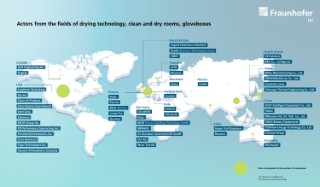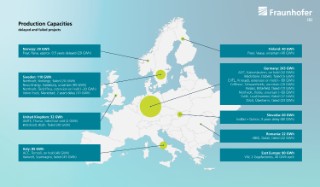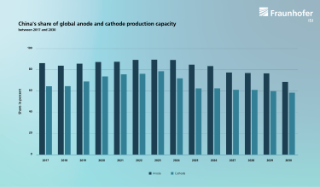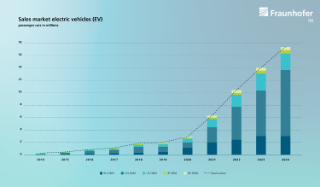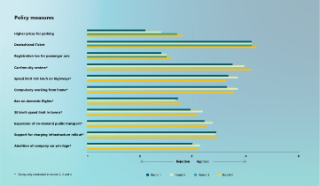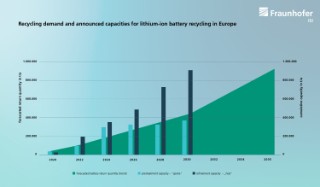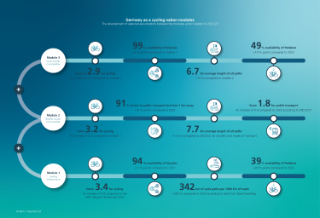The articles in the Fraunhofer ISI blog provide insights into the research topics of the institute. Whether interim reports from current projects, interviews with scientists or statements on current debates: The articles cover the broad spectrum of Fraunhofer ISI and will appear depending on the topic.
Mini- and microenvironments have the potential to make battery cell production more sustainable. These concepts are still a research topic. However, industrial activities are also increasing, with many of the players coming from Germany and Europe. An analysis of patent activities and players shows the research hot spots and geographical hot spots of this emerging technology.
more info